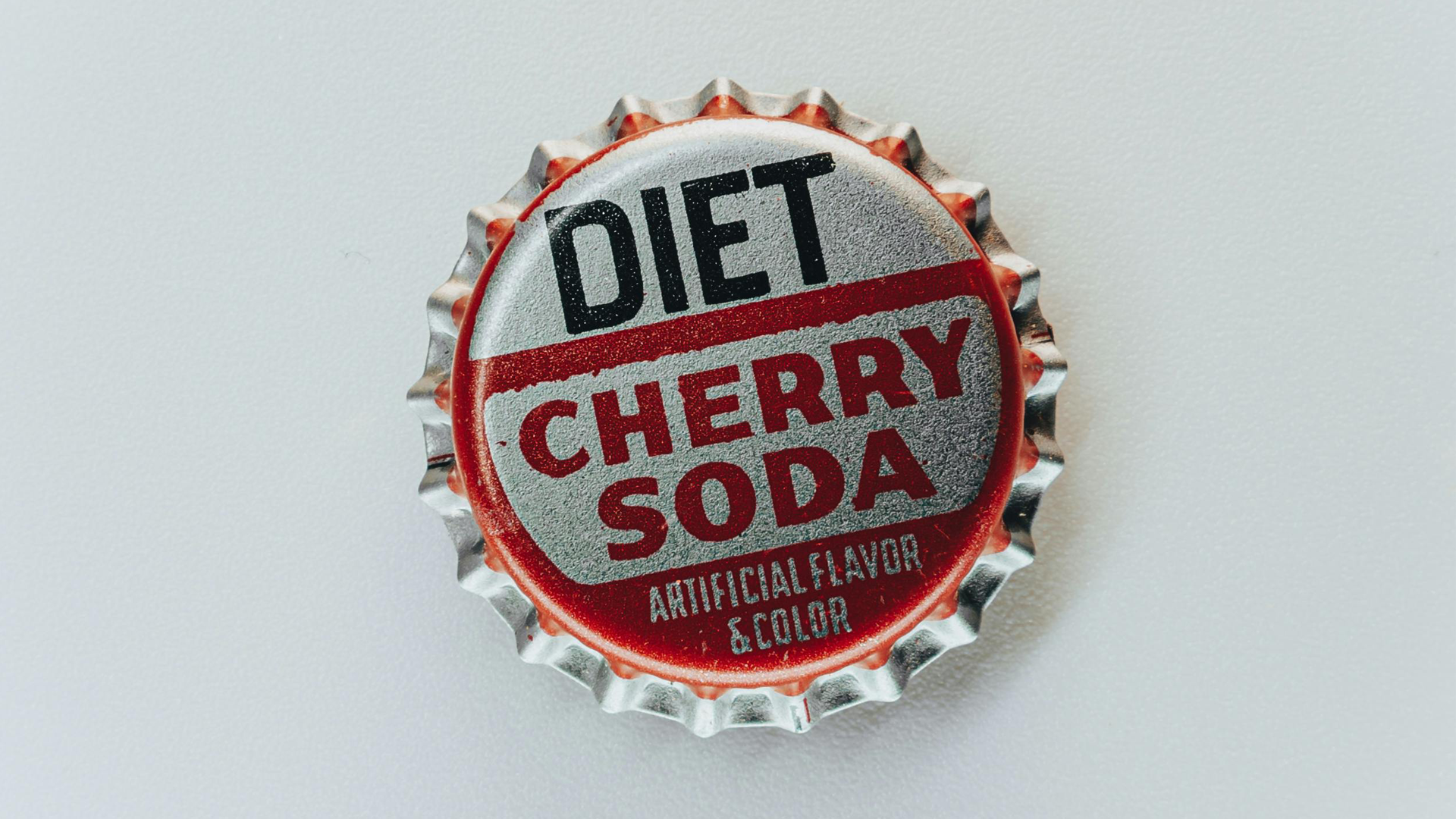Despite ongoing concerns about the health impacts of non-sugar sweeteners such as aspartame, sucralose and stevia, these sweeteners are increasingly found in various foods and beverages, including those aimed at children. The viewpoint, “Non-sugar sweeteners: Time for Transparency and Caution,” was published in the Jan. 22, 2024, issue of JAMA Pediatrics by three experts on the topic. It emphasized that research on the health effects of non-sugar sweeteners in children is urgently needed.
“Given the continued uncertainty about their role in the diet and accumulating evidence suggesting the potential for unfavorable health effects, a cautious approach to non-sugar sweeteners is warranted—especially when it comes to children,” said lead author of the viewpoint, Allison Sylvetsky, an associate professor of exercise and nutrition sciences at the Milken Institute SPH. Sylvetsky and co-authors propose that the US Food and Drug Administration restrict the use of non-sugar sweeteners in food and beverage products marketed to children until there is more definitive evidence of benefit or harm.
Studies in adults demonstrate links between the consumption of non-sugar sweeteners and type 2 diabetes, cardiovascular disease and all-cause mortality—the total number of deaths from any cause within a specific group over a set period of time, which is a key measure of population health. However, few researchers have examined the health impacts of non-sugar sweeteners when used by children.
At the same time, children consume more and more foods and beverages with non-sugar sweeteners.
Parents often do not realize that products contain non-sugar sweeteners. They may choose foods and beverages with non-sugar sweeteners thinking they are healthier, Sylvetsky adds.
Sylvetsky suggests that parents instead focus on the healthfulness of the overall diet, choose fresh fruit and vegetables, and consume whole grains, and limit the provision of foods and beverages high in added sugars. Instead of buying fruit drinks sweetened with non-sugar sweeteners, stick to water or other unsweetened alternatives.
In addition to Sylvetsky, Natalia Rebolledo at the University of Chile and James Krieger at the University of Washington were co-authors of the article.


